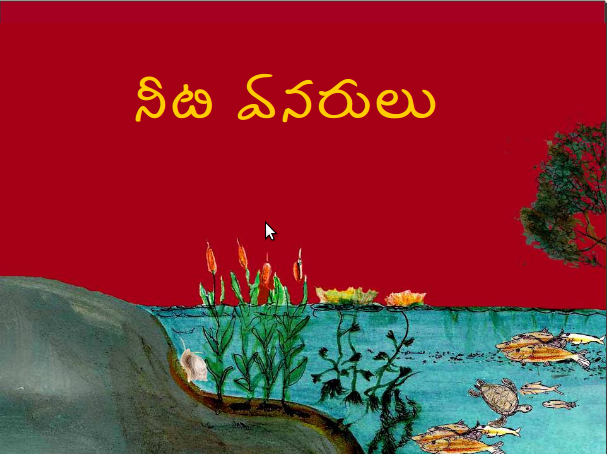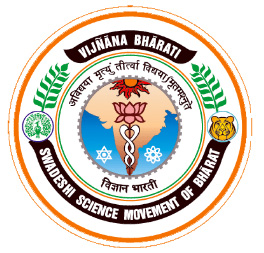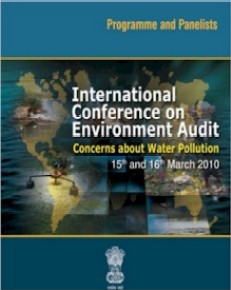Sustainability
4th South Asian Conference on Sanitation (SACOSAN IV) in Srilanka
Posted on 28 Sep, 2010 12:27 PM
The South Asian Conference on Sanitation (SACOSAN), a government led biennial convention held on a rotational basis in each country, is a platform for dialogue and influence created by the governments of South Asian Countries to review the progress made in the area of Sanitation. The SACOSAN process would help to generate political will to narrow the gap in Sanitation access and usage.
Processes that shape the earth: II – A presentation by ACWADAM
Posted on 24 Sep, 2010 08:14 PMThe presentation deals with weathering, erosion and deposition of rocks -
- The process of breaking down and alteration of rocks and formation of new materials from them is known as weathering of rocks.
- The group of processes whereby the materials of the earth’s crust are moved from one place to another by running water (including rainfall), waves and current, glacier ice and wind is known as erosion.
- The processes whereby the material being carried during the process of erosion is deposited either through physical processes (such as drop in the velocity of flowing water) or precipitation of dissolved material under a set of conditions for instance, the deposition of limestones from water rich in calcium carbonate is known as deposition.
Member's newsletter from International Rainwater Harvesting Alliance(IRHA)- September 2010
Posted on 24 Sep, 2010 11:55 AM
Remote sensing – A presentation by ACWADAM
Posted on 21 Sep, 2010 07:24 AMThese presentations by ACWADAM deal with the application of remote sensing and aerial photography techniques in groundwater management. Remote sensing is a technique by virtue of which information about an object, area or phenomenon is obtained with the help of a sensor on board a platform from distance without coming in contact with object, area or phenomenon.
Groundwater management protocols and pilot experiences – A presentation by ACWADAM
Posted on 19 Sep, 2010 05:09 PMThis presentation by ACWADAM deals with introducing groundwater management protocols for wells in different phases of groundwater use. These protocols include geo-hydrology in watershed development, protection of recharge areas, efficient well use, pump capacity regulation, distance with respect to drinking water well regulation, depth regulation in drinking water well, regulation of agricultural water use and groundwater management through sharing.
Manual on sewage and sewerage treatment - CPHEEO (MoUD)
Posted on 15 Sep, 2010 11:07 PMThis manual has been prepared by the Central Public Health and Environmental Engineering Organisation (CPHEEO), a department under the Ministry of Urban Development (MoUD) and aims at meeting the professional needs of practising engineers dealing with the sanitation sector in the country, that focuses on achieving the goal of 'sanitation for all' within a reasonable timeframe.
The manual is a revised version of the earlier one, which was developed in 1977 and was widely used by field engineers engaged in sewerage and sewage treatment. However, a need was felt to revise and update the earlier manual taking into consideration the advancement in technology.
Manual on operation and maintenance of water supply systems - CPHEEO (MoUD)
Posted on 15 Sep, 2010 10:58 PMThis manual has been developed by the Central Public Health and Environmental Engineering Organisation (CPHEEO), a department under the Ministry of Urban Development (MoUD) and is intended primarily for the managers and technicians in-charge of the O & M of the urban drinking water supply systems.
The aim of the manual is to serve as a guide for strengthening the technical, operational and managerial capabilities required of the concerned personnel to operate and maintain water supply services as per acceptable norms of quantity, quality, sustainability, reliability and cost.
International Conference on Sustainable Water Resource Management and Treatment Technologies, NEERI, Nagpur
Posted on 14 Sep, 2010 03:14 PMScientific and Technological Approaches for Sustainable Use of Water Resources - GIST Convention, Pune
Posted on 14 Sep, 2010 02:23 PM 

Organizers:
- Vijnana Bharati
- Maharashtra Education Society
Topics:
- River Basin Hydrology & Climate change
- Water & Irrigated Agriculture
- Water for Energy
- Water for Environment
- Water for Drinking, Domestic & Industrial Use
Venue: Maharashtra Education Society's Abasaheb Garaware College Karve Road, Pune 411004 (Maharashtra) India
Description:
Global Indian Scientists and Technocrats (GIST) forum is a unique knowledge exchange platform for Indian scientists and technocrats spread within the country and across the world. The forum will facilitate to give a holistic approach using science & technology for creating definitive path towards sustainable development
International conference on environment audit - Concerns about water pollution - CAG (2010)
Posted on 10 Sep, 2010 05:15 PM This link on the CAG website provides the details of an international conference that was held on 15-16 March 2010, in the backdrop of the environmental audit proposed by the the Comptroller and Auditor General (CAG) of India, for management and conservation of the environment .
This link on the CAG website provides the details of an international conference that was held on 15-16 March 2010, in the backdrop of the environmental audit proposed by the the Comptroller and Auditor General (CAG) of India, for management and conservation of the environment .
The purpose of this conference was to deliberate on the causes of pollution, action taken by governments and civil society to address this and environmental, management and legal interventions needed to put lakes, rivers and ground water on the path of sustainability.
More than 20 experts on water and water pollution issues were invited to share their views as panelists during the conference. Apart from these distinguished panelists, the heads of supreme audit institutions from countries like Austria, Maldives, Bangladesh and Bhutan were also present to share their experiences regarding audit of water pollution in their countries.





